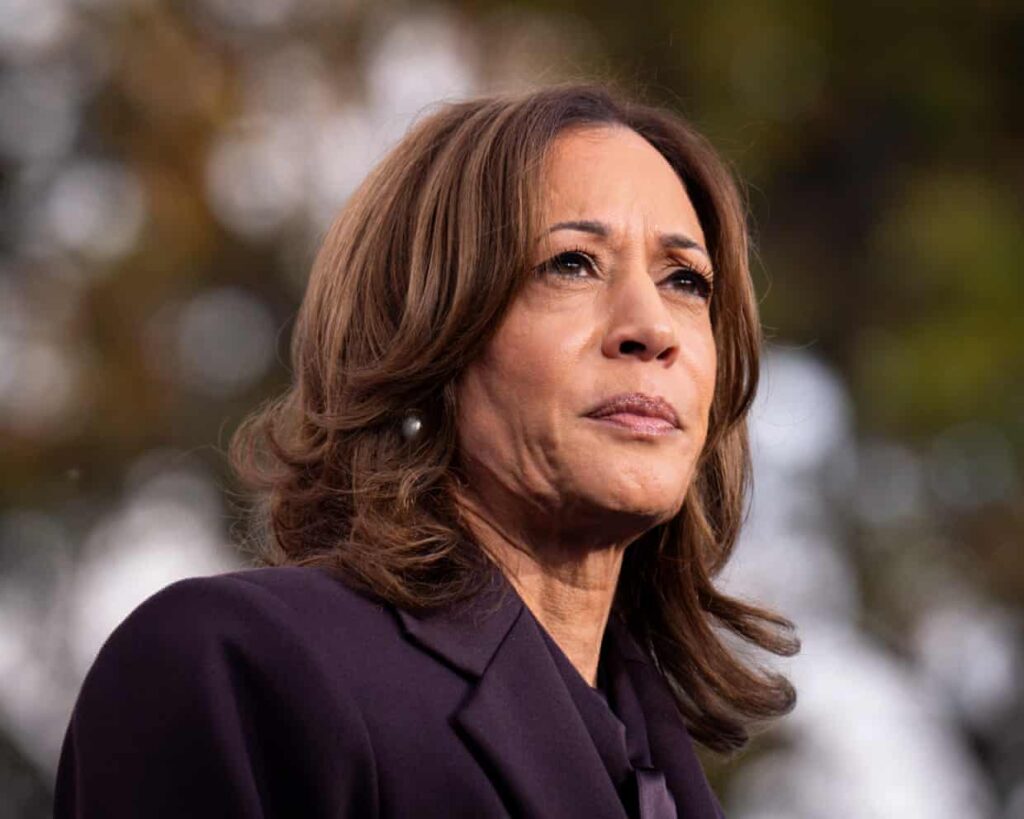
Kamala Harris’s new memoir, 107 Days, offers a candid look at her experience following the 2024 election, which left many, including herself, in disbelief. Set against the backdrop of a liberal Philadelphia neighborhood still displaying “Harris” signs, the book serves as both personal reflection and political analysis. Harris reveals her shock at the election outcome and the emotional toll it took on her and her husband, Doug Emhoff, stating they did not discuss the event until she began writing.
While the memoir unfolds in chronological order, it often reads as a frustrating account that may alienate critics further and fail to provide a sense of closure or optimism for her supporters. Harris, a target of accusations regarding her authenticity, addresses such criticisms in the text, attributing them to sexism. When radio host Charlamagne Tha God remarked on her scripted campaign style, she described it as “discipline,” yet the memoir presents an opportunity for her to break from that script, which she largely does not take.
One of the more poignant moments in the memoir occurs during her birthday celebration just weeks before the election. Harris had anticipated a special occasion but found herself in conflict with Emhoff, who was overwhelmed by the campaign. This glimpse into her personal life humanizes Harris, revealing the emotional strain of her political journey.
Throughout the book, Harris expresses frustration with President Joe Biden, highlighting challenges that arose during her campaign. One notable incident involved Biden being photographed in a “Trump 2024” cap, which she felt undermined her efforts. Despite acknowledging her concerns about Biden’s capabilities, she maintains that he was competent, a stance that raises questions in light of reports from CNN’s Jake Tapper regarding Biden’s health.
Harris’s narrative suggests a struggle to fully confront what went wrong during the campaign. She reflects on the endorsements she sought after Biden’s withdrawal, noting her call with California Governor Gavin Newsom, which ended without a commitment. This situation illustrates the uncertainty surrounding her candidacy and raises questions about her suitability as a candidate against Donald Trump.
As Harris navigates her reflections, she addresses contemporary issues, including the ongoing conflict in Gaza. A recent YouGov poll indicated that Biden’s stance on Israel significantly impacted Democratic voter turnout. Yet, Harris appears dismissive of the protests concerning Gaza, questioning why demonstrators were not present at Trump rallies, seemingly unaware of the political context in which she operated.
The memoir also touches on her relationships with peers, including Pete Buttigieg and Josh Shapiro, but these characterizations have already sparked tension among party members. Supporters of Harris may find little in the memoir to inspire hope or a clear path forward, leaving them feeling disillusioned.
In conclusion, 107 Days reveals Kamala Harris as a figure grappling with the aftermath of a tumultuous election cycle. While she reflects on personal and political challenges, the book does not provide the resolution many may have hoped for. As the narrative concludes, it becomes apparent that Harris remains as uncertain about the future as many of her supporters. The memoir is published by Simon & Schuster and retails for £25 in the UK and $30 in the US.






